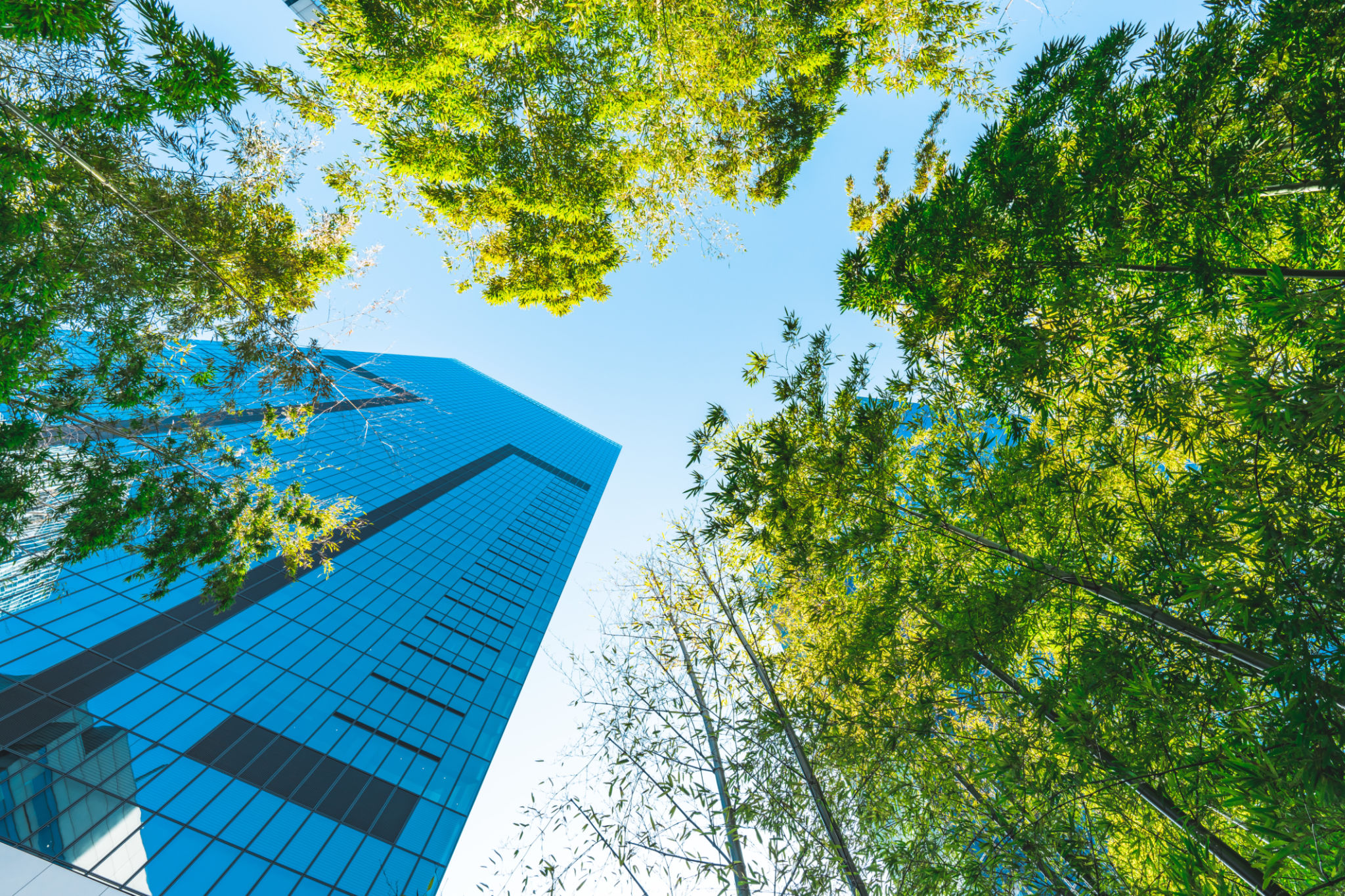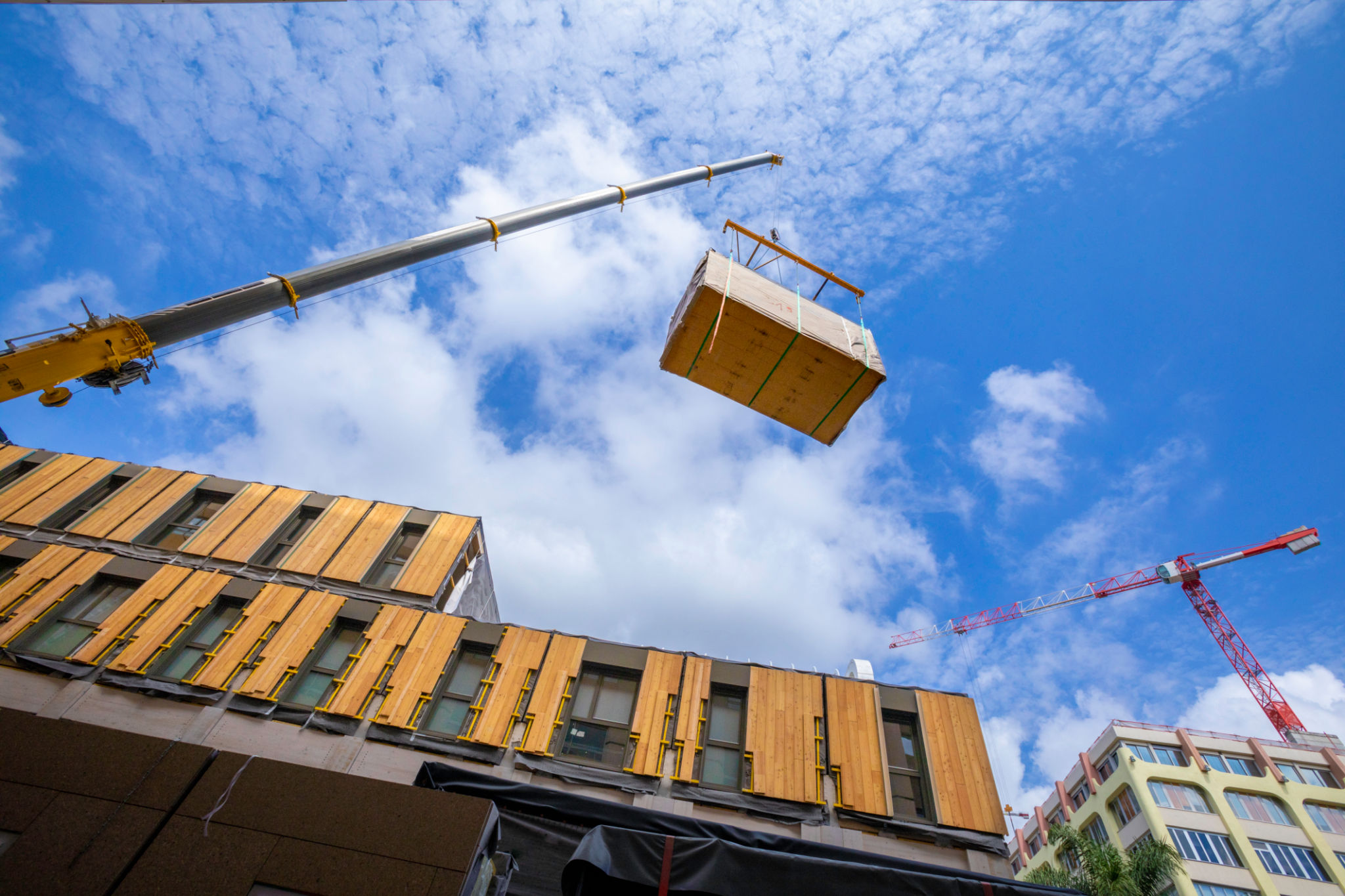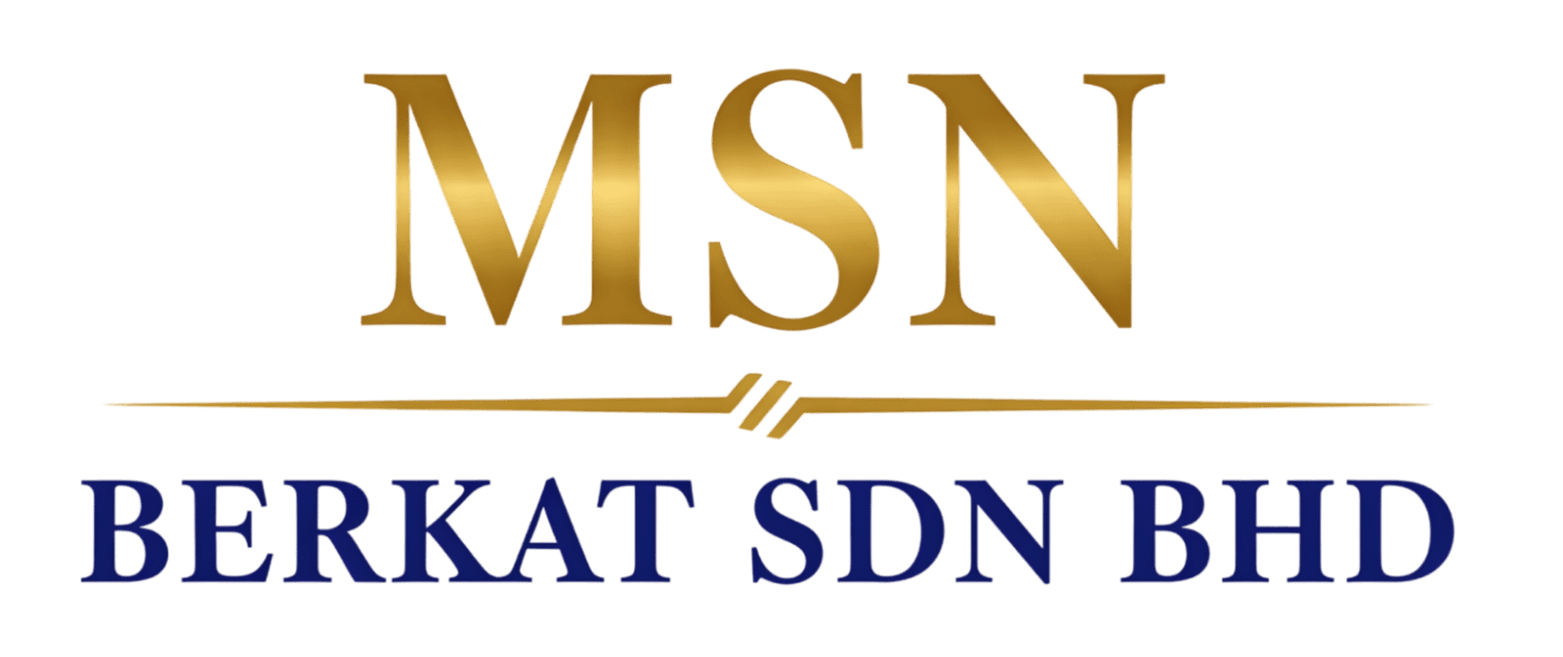Top Construction Trends in Malaysia: Innovations Shaping the Industry
Embracing Green Construction
In recent years, Malaysia has been at the forefront of adopting green construction practices. These environmentally friendly methods aim to reduce the carbon footprint of buildings while ensuring sustainability. Many Malaysian construction companies are now integrating energy-efficient systems, such as solar panels and rainwater harvesting systems, into their projects. This not only helps in conserving resources but also significantly reduces operational costs.
Moreover, the use of sustainable building materials is gaining traction. Materials like bamboo, which is abundant in Malaysia, are being utilized more frequently due to their renewable nature and durability. This shift towards greener materials marks a significant step in the industry's commitment to environmental responsibility.

Technological Advancements in Construction
The construction industry in Malaysia is experiencing a technological revolution. The integration of Building Information Modeling (BIM) is transforming how projects are designed and managed. BIM allows for the creation of digital representations of buildings, which aids in improving accuracy and efficiency during the construction process.
Another technological innovation making waves is the use of drones. Drones are increasingly employed for site surveys and inspections, providing real-time data and reducing the need for manual labor. This technology ensures that projects are completed faster and with greater precision.

Prefabrication and Modular Construction
Prefabrication and modular construction methods are becoming increasingly popular in Malaysia. These approaches involve assembling building components in a factory setting before transporting them to the construction site for final assembly. This method offers several benefits, including reduced construction time, improved quality control, and minimized waste.
The adoption of modular construction is particularly advantageous in urban areas where space is limited. By assembling modules off-site, developers can efficiently utilize available space and mitigate disruptions in densely populated regions.

Smart Building Technologies
The rise of smart building technologies is reshaping the landscape of the Malaysian construction industry. These technologies include advanced systems for monitoring energy usage, security features, and climate control. By leveraging the Internet of Things (IoT), buildings can now adapt to occupants' needs in real-time, enhancing comfort and efficiency.
Smart buildings also contribute to significant energy savings by optimizing resource usage. For instance, smart lighting systems can adjust based on occupancy levels, ensuring that energy is not wasted on unoccupied spaces.
Urbanization and Vertical Expansion
As Malaysia continues to urbanize rapidly, vertical expansion is becoming a key trend in construction. Cities like Kuala Lumpur are witnessing a surge in skyscrapers and high-rise buildings, catering to the growing demand for residential and commercial spaces.
This vertical growth presents unique challenges, such as ensuring structural integrity and adhering to safety standards. However, it also opens opportunities for innovative architectural designs and efficient land use.

Conclusion
The construction industry in Malaysia is undergoing a significant transformation driven by innovation and sustainability. From green building practices to technological advancements, these trends are not only enhancing the efficiency and quality of constructions but also paving the way for a more sustainable future. As Malaysia continues to embrace these innovations, the industry is poised to play a crucial role in shaping the nation's urban landscape.
